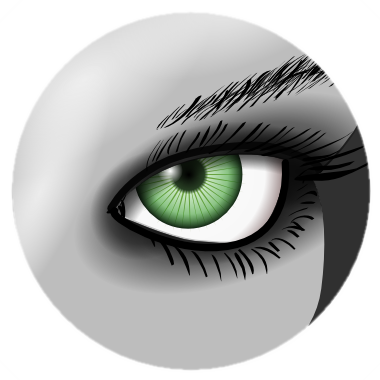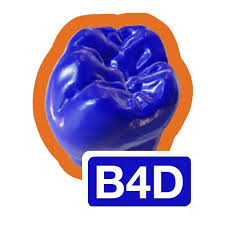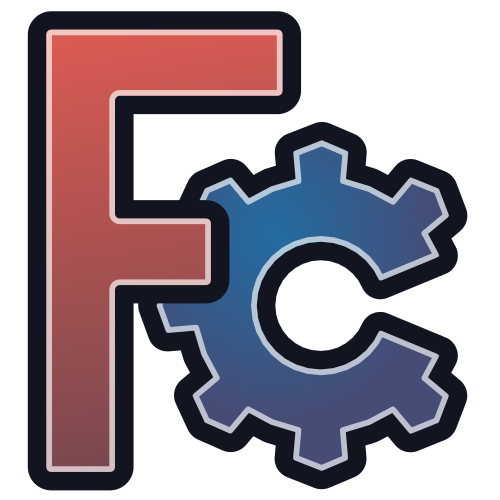VolView — Interactive Visualization for Dental Imaging
VolView is an open-source volume visualization platform originally developed by Kitware, the creators of ITK and VTK. It is designed for interactive exploration of 3D medical datasets, including CT and CBCT scans commonly used in dentistry. Unlike heavy planning suites, VolView focuses on fast rendering and intuitive navigation, making it a reliable choice for workstations in clinics, research labs, and teaching environments. Its ability to handle large datasets while providing smooth visual feedback makes it valuable for dental professionals who need quick access to volumetric insights without a steep learning curve.
Technical Profile
| Area | Details |
| Platforms | Windows, Linux, macOS |
| Input formats | DICOM, NIfTI, NRRD, Analyze, and VTK-based medical formats |
| Functions | 3D volume rendering, multi-planar reformatting (MPR), region selection, intensity adjustment, annotations |
| Export | Screenshots, labeled data subsets for downstream processing |
| Performance | Optimized rendering pipeline with GPU acceleration |
| Deployment | Runs as a standalone workstation application; lightweight installation |
| Licensing | Free, open-source (BSD-style license) |
| Audience | Dental professionals, researchers, educators working with volumetric imaging |
Comparison Snapshot
| Tool | Key Strengths | Typical Use Case |
| VolView | Fast rendering, interactive visualization, simple to operate | Quick volume reviews, teaching demonstrations, research imaging studies |
| Seg3D | Segmentation-focused, STL export | Preprocessing for dental models, 3D printing, academic labs |
| 3D Slicer (Dental Extensions) | Advanced planning, implant design, full ecosystem | Comprehensive workflows in clinical and hospital environments |
Installation Notes
– Windows / macOS / Linux: Download the latest release package and follow the installer instructions.
– GPU drivers: Ensure updated drivers for smooth volume rendering.
– Initial test: Open a sample DICOM dataset, adjust intensity levels, and confirm interactive rendering speed.
How It Is Used
– Dental radiology labs use VolView for quick CBCT overviews before deeper analysis.
– Researchers explore volumetric data interactively to identify areas of interest.
– Educators demonstrate anatomy and pathology directly from 3D imaging datasets.
– Clinics integrate VolView as a viewer alongside PACS and planning systems.
Deployment Notes
– Lightweight installation makes it suitable for shared workstations.
– Works best with dedicated GPUs for fluid rendering.
– Can be distributed across academic labs with minimal setup overhead.
Limitations
– Lacks advanced segmentation and implant planning features.
– Export functions are basic compared to 3D Slicer.
– Best used as a visualization tool rather than a full planning suite.











